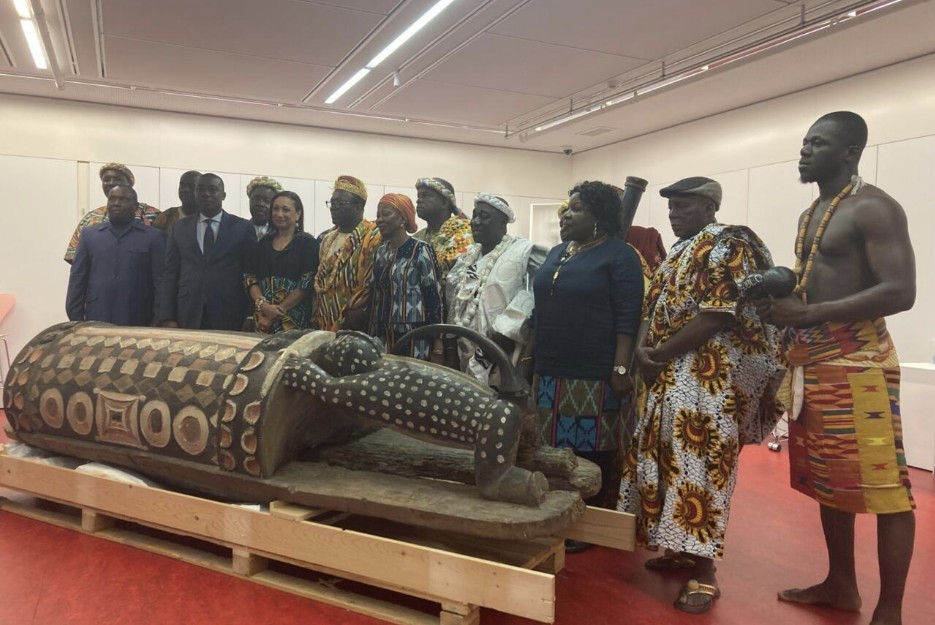The Tide is Turning
- Sumaya Sultana
- Aug 11, 2025
- 2 min read

Last Sunday, the first anti-war demonstration on the Sydney Harbour Bridge, and possibly the largest march in Australia’s history, took place. Police estimate that around 90,000 attended, but the organisers, Palestine Action Group, and Dr Aldo Raineri, a senior Central Queensland University lecturer and expert in crowd safety management, consulted by the Guardian, claim that the number was up to 300,000. This would be higher than the 2000 Walk for Reconciliation, a public expression of support for reconciliation between Indigenous and non-Indigenous Australians, which the National Museum of Australia calls the ‘largest political demonstration ever held in Australia.’
Images of streets flooded with people from Wynyard Station to the north end of the Sydney Harbour Bridge have spread across social media, providing the nation with several key takeaways.
As the genocide and manufactured famine in Palestine continue, sentiment against Israel has grown from something seen as reactionary and radical to common sense. The people are sick and tired of the death and devastation in Palestine and are responding aptly. In May, a YouGov poll found that 82% of Australian voters feel that the prevention of food, medicine and water reaching civilians in Gaza is unjustified. 90% of these people are Labor voters. Three months later, it is clear that this sentiment continues.
However, the higher-ups seem to continue their dismissal of this humanitarian crisis. While Penny Wong has recently critiqued Israel, calling its plans to occupy and control the whole Gaza Strip a violation of international humanitarian law, according to The Guardian, the Australian government has failed to sanction Israel or stop providing parts for F-35 fighter jets. Chris Minns’ stressing that he would not shut down the ‘central artery’ of Sydney and his attempts to curtail weekly protests by the Palestine Action Group, according to the Sydney Morning Herald, have revealed the disunity within NSW Labor and how out-of-touch leadership exactly is. Not only do his ideas go against his very own voters, but also the presence of eight current Labor MPs on the bridge reflects the friction within Minns’ very own caucus.
Sunday’s protest also speaks volumes about another human rights crisis, one specifically on Australian soil; the right to protest. Australia consistently has been critiqued for its anti-protest laws, with Amnesty International recently condemning the NSW government specifically. The judiciary’s approval of the protest is a resounding reminder of the importance of the separation of powers in allowing for justice, removed from the motivations of politicians.
It is also essential to examine the changing media tide surrounding coverage of the protest. While initial reporting leading up to the bridge march raised concerns about its viability, sentiment during and after was quite different; even the Sydney Morning Herald front page had ‘Sydney says “enough”’ splashed across it. Complacency and justification of Australian foreign policy in mainstream media seems to be dying down.
Ultimately, both the pro-Palestinian movement in Australia and the right to protest rely on one core tenet; the people must go to the streets to keep them alive and beating.





Comments